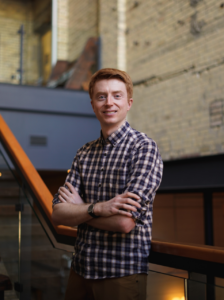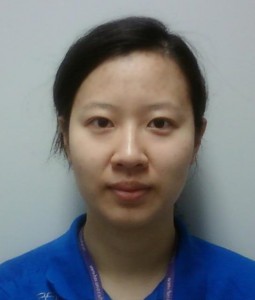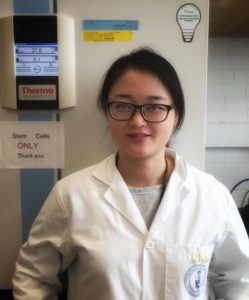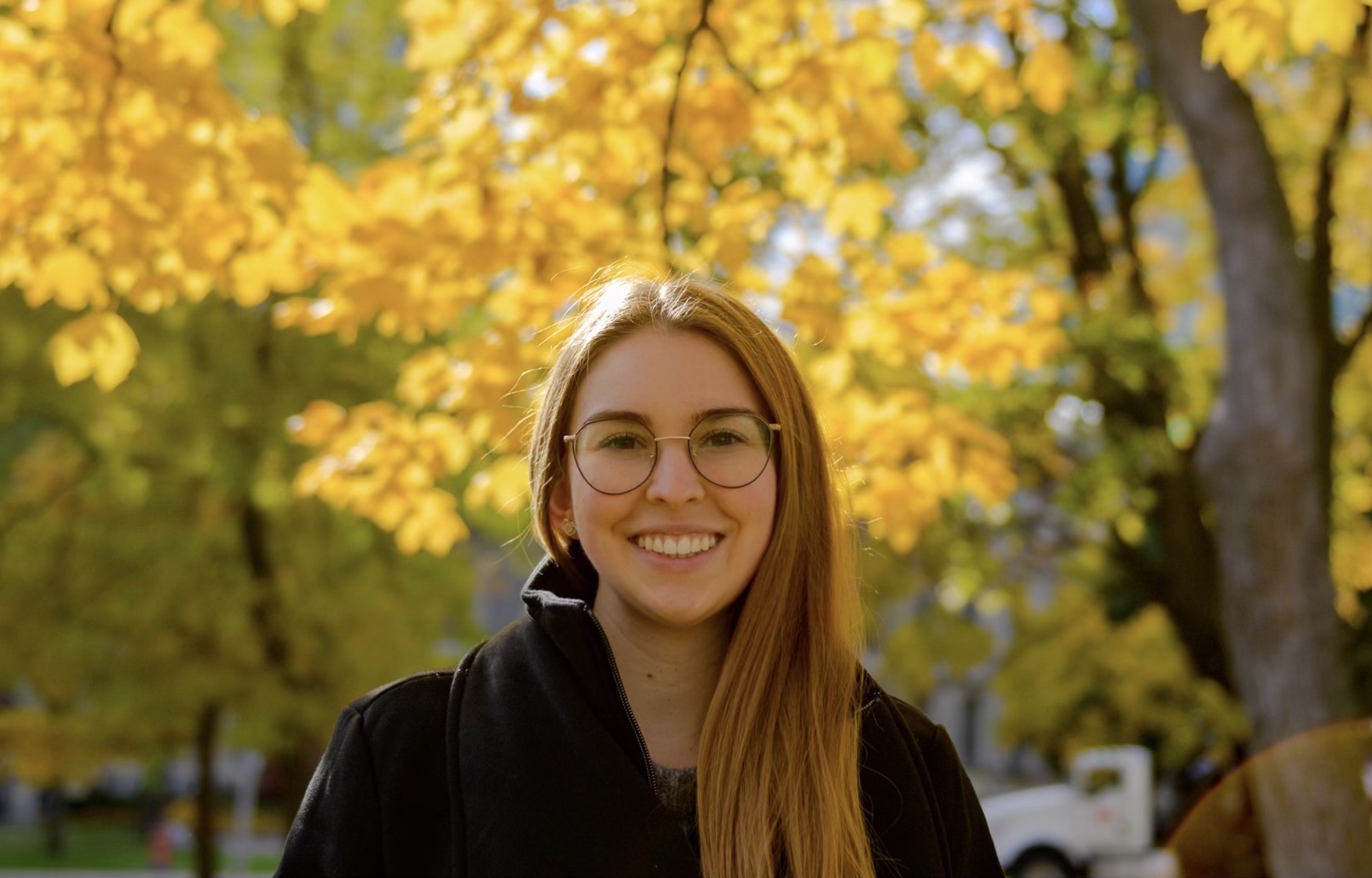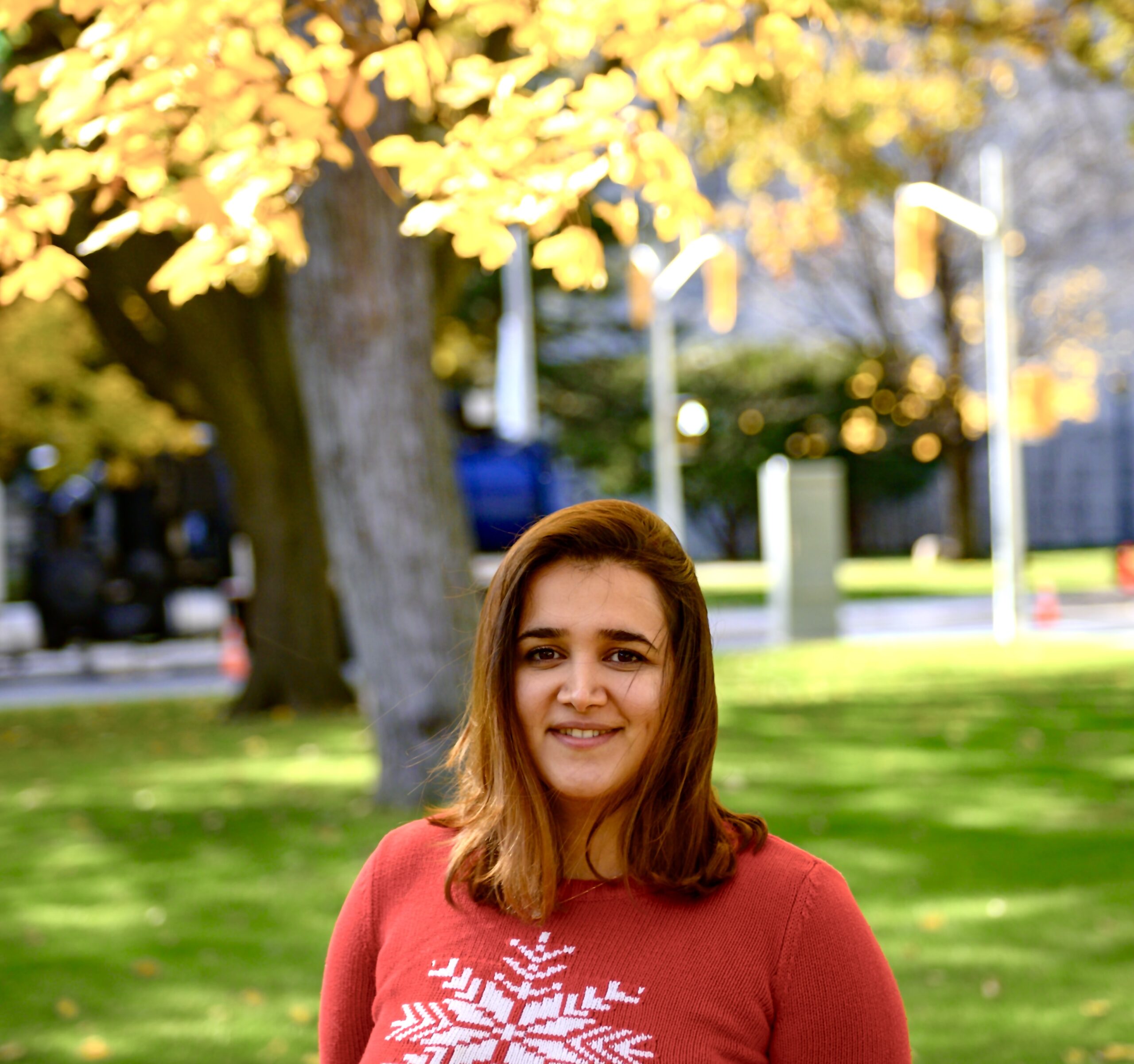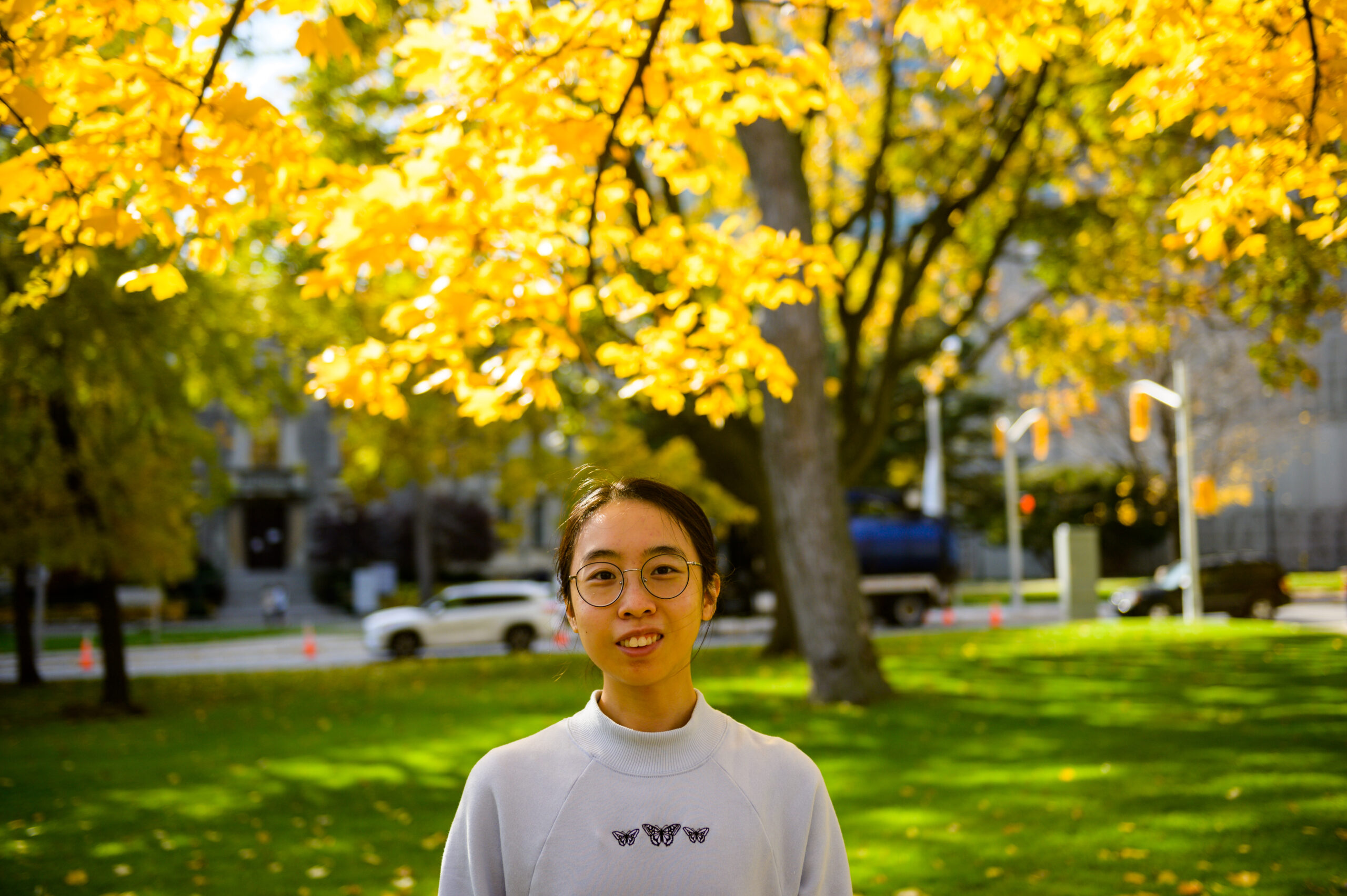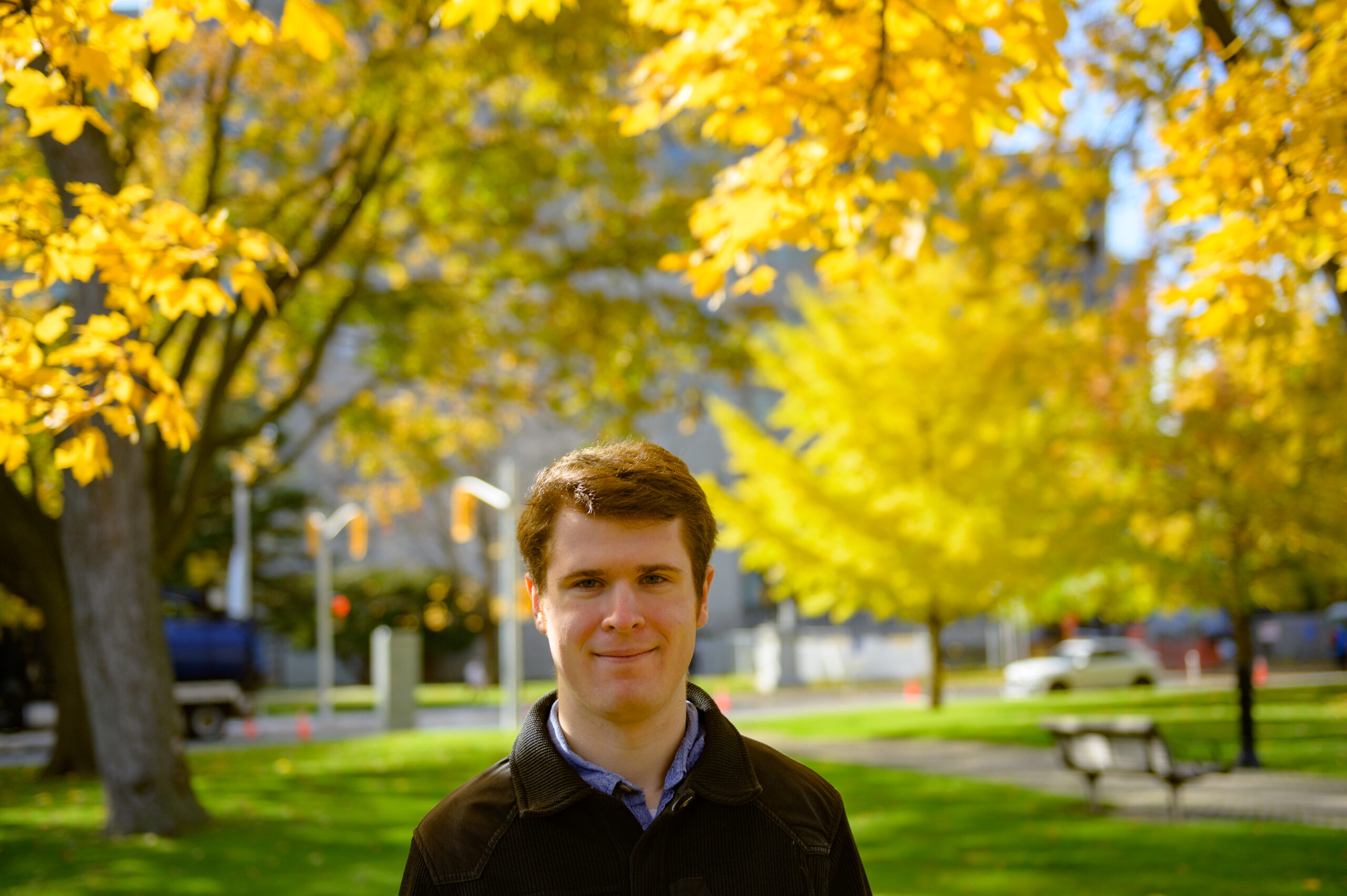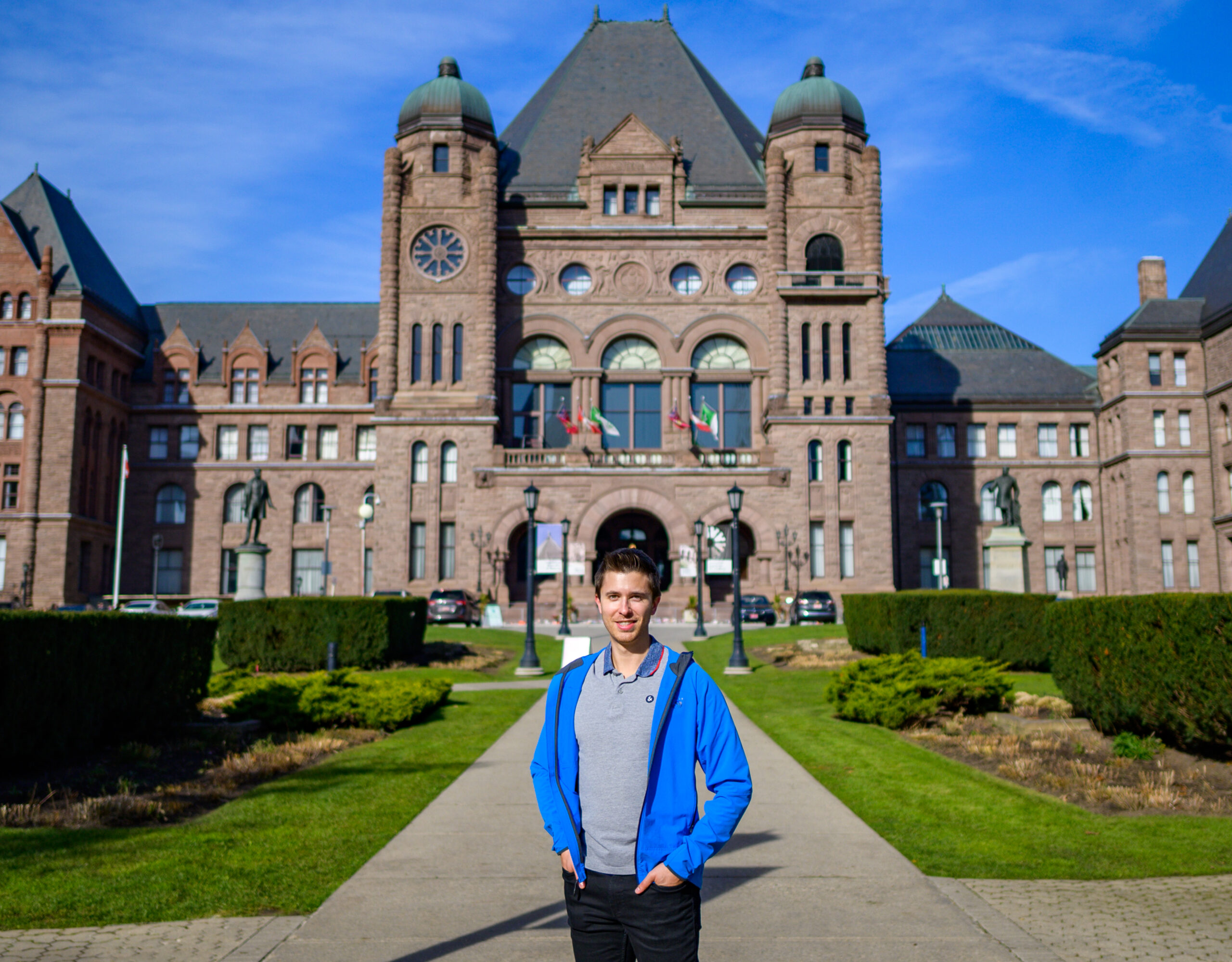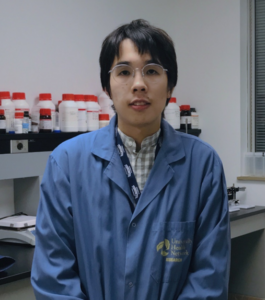Current
- Principal Investigator
- Research Associate
- Research Technician
- Post Docs
- PhD Candidates
- Masters Candidates
- Undergraduate Students
|
Principal Investigator: |
|
Dr. Milica Radisic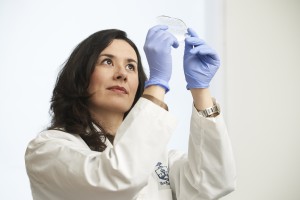 |
Professor Institute of Biomaterials and Biomedical Engineering Department of Chemical Engineering and Applied Chemistry Curriculum Vitae |
|
Research Associate |
|
|
Post-docs Dr. Scott Campbell Scott received his Ph.D. in Chemical Engineering from McMaster University for developing a series of injectable drug delivery vehicles capable of remotely-mediated drug release. He then aided in the development of versatile transdermal patches within the early stage start-up, Avro Life Science. During his NSERC Postdocotral Fellowship, Scott intends to help develop alternative organ-on-a-chip platforms and use his polymer-based background to engineer new materials to improve these platforms. |
|
|
Dr. Yimu Zhao |
An average of $1.5 billion is spent, trying to bring a new drug to the market, while a large portion of these drugs withdrawn at the later stage of the development. 19% of withdrawn drug in US are due to cardiac toxicity and cause QT proarrhythmic conditions. To resolve this issue, tissue-specific toxicity screening with human model is necessary to weed out the unqualified drug candidates before them entering the preclinical stage of drug development process. With significant progress in induced pluropotent stem cell (iPSC) research, engineered cardiac tissue (ECT) with human iPS derived cardiomyocytes can be a suitable surrogate to anticipate the performance of human native cardiac tissue in vitro. My project aims to design a cardiotoxicity specific drug screening platform in 96 well-plate format that is target on using terminal differentiated ECT and elimination PDMS usage in the platform. The device will realize the miniaturization of ECT and be compatible for 3 stages, miniaturized cardiac tissue formation, electrical stimulations to enhance the tissue maturation, and automated high throughput drug screening. Yimu graduated in the summer of 2019 and joined Dr. Gordana Vunjak-Novakovic’s Lab at Columbia University as a post doc. |
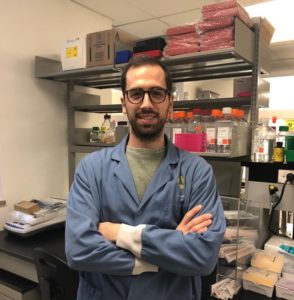
Dr. Simon Pascual Gil de Gomez |
Simon received his PhD – extraordinary award – at the University of Navarra (Spain) in 2018, and joined the lab later the same year. In humans, the epicardium constitutes a barrier that hinders the successful engraftment of cardiac patches. Moreover, embryonic derived cardiac macrophages (eDMac) have been recently identified to be essential for proper tissue repair after myocardial infarction. Simon’s projects aim to develop a new tissue engineering approach able to overcome the epicardial barrier by inducing endothelial-to-mesenchymal transition (EMT) and to induce the proliferation of eDMac. For this, he will focus his research on 1) POMaC, a novel shape-memory polymer; 2) cell therapy using human induced pluripotent stem cells; and 3) protein therapy for inducing EMT and eDMac proliferation. |
|
Dr. Qinghua Wu E-mail: qinghua.wu@utoronto.ca |
Qinghua Wu obtained her Ph.D. from Polytechnique Montreal, University of Montreal (Canada) in 2018, where she developed novel chitosan-based inks and 3D printing approach to fabricate highly flexible and microstructured hydrogel and nanocomposites. She developed 3D cell-guided scaffolds for tissue engineering and self-healing nanocomposites featuring hierarchical structures for flexible electronics. She has keen interests in designing inks and developing printing strategy to fabricate multi-functional constructs via additive manufacturing techniques for biomedical applications. Her research with Dr. Radisic focuses on 3D printing and injection molding of thermoplastic elastomers to develop organ-on-a-chip platforms for understanding human cardiac disease. |
|
PhD Candidates |
|
|
Jennifer Kieda E-mail: jennifer.kieda@mail.utoronto.ca |
After receiving her MASc in Biomedical Engineering at Ryerson University under the supervision of Dr. Scott Tsai, working on oil-free microfluidic spheroid generation for cancer drug testing, she joined the Radisic Lab in 2021 to pursue a Ph.D. in Biomedical Engineering. Her research focuses on creating and using elastomeric metamaterials for 3D printing permeable tubular structures for organ-on-a-chip devices. Outside of the lab, Jennifer enjoys staying active by playing various sports (such as tennis, baseball, and hockey) and is learning how to play the ukulele. |
|
Sargol Okhovatian E-mail: sargol.okhovatian@mail.utoronto.ca |
Sargol graduated in June 2020 with an honour’s degree in Chemical Engineering and Applied Chemistry minoring in Bioengineering from University of Toronto. She joined the lab in September 2020 with the goal of pursuing her PhD. She is currently investing metastatic resistance capabilities of cardiac tissue within INVADE platform. |
|
Mary Liu E-mail: marycl.liu@mail.utoronto.ca |
Mary graduated with a B.A.Sc degree in Chemical Engineering with a minor in Bioengineering from the University of Toronto. She joined the lab in September of 2018 as a thesis student and worked on a project that investigated the effect of topographical cues such as microfabricated grooves on the vascularization of a cardiac patch. She decided to continue her studies in the lab and started her PhD program in Biomedical Engineering in September of 2019. Her project is focusing on 3D printing bioelastomers for vascular tube fabrication in organ-on-a-chip devices. She will further develop a 3D vascularized human renal proximal tubule model for studying the mechanisms of antibody-mediated rejection in kidney transplants. |
|
Jacob Smith E-mail: jacob.smith@mail.utoronto.ca |
Jacob graduated with a BASc. from the University of Toronto in Engineering Science: Biomedical Systems Engineering in June 2020. He joined the lab in 2019 as an undergraduate thesis student where he investigated the role of relaxin on attenuating fibrosis within the Biowire II cardiac organ-on-a-chip system. In September 2020 he continued his studies in the Laboratory for Functional Tissue Engineering and began working on his PhD. Jacob is currently exploring how physiological accurate electrical stimulation promotes greater cardiac maturation within the Biowire II platform. |
|
Anastasia Korolj |
Anastasia’s interests lie with the functional properties of cells that are engineered in vitro. She is currently investigating filtration in cultured kidney podocyte cells, with aims to discover how various stimuli affect these cells, what encourages proper behaviour, and why. Her work thus far has resulted in a patent application, and has merited several awards including an Alexander Graham Bell Canada Graduate Scholarship, the Irving O Shoichet Graduate Scholarship, Chemical and Biological Microsystems Society (CBMS) travel award, and other awards from CREATE in M3 and the University of Toronto. She completed her undergraduate studies at the University of Toronto in 2015, with an honour’s degree in Chemical Engineering, minoring in bioengineering and with a business certificate. Some highlights include her internships abroad: summer research in Sweden (Lund University and NSVA water services company) and Hong Kong (HKUST), and an industrial internship in Belgium (Agfa Graphics). Her favourite dessert is baklava. |
Ben Lai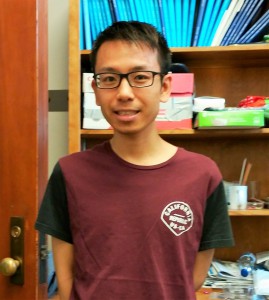 |
After completing his MSc in Pathology and Laboratory Medicine in University of British Columbia under the guidance of Dr. Kizhakkedathu, Benjamin joined the group in September 2015 to pursue his doctoral studies. His research will focus on investigating the potential of AngioChip scaffold as a disease model and aim to use it as a high throughput drug screening platform. |
|
|
|
| Karl Wagner
E-mail: karl.wagner@mail.utoronto.ca |
Karl joined the lab in the fall of 2018 as a PhD student in Chemical Engineering with a Collaborative Specialization in Biomedical Engineering. Originally from Calgary, he graduated from the University of Alberta with a BSc in 2017 and MEng in 2018, both in Materials Engineering. His research project is a collaborative effort between the Radisic Lab and Prof. Gordana Vunjak-Novakovic’s lab at Columbia University in New York. He is working on simulating heart attacks in cardiac tissue-on-a-chip models to study cellular responses to heart tissue damage, as well as to test the effects of applying stem cell-secreted exosomes to damaged tissues as a personalized regenerative therapy. Outside of the lab, Karl is a track and field athlete with the U of T track club. He competed as a varsity athlete for the University of Alberta from 2013-2018, during which time he won the 2015 Western Canada Games bronze medal in the 400m hurdles and raced at the 2016 Canadian Olympic Trials. |
Rick Lu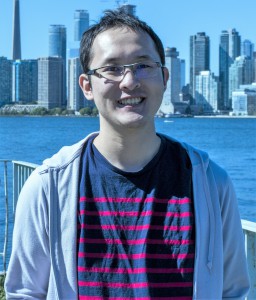 E-mail: xrick.lu@mail.utoronto.ca |
Rick graduated from the University of Waterloo in 2016 with a bachelor’s degree in Nanotechnology Engineering. He has worked at the National Institute for Materials Science, NTT, and Mount Sinai hospital all of which focus on the synthesis of nano/micro-materials for biomedical applications. His plan is to use micro-fabricated platform, AngioChip, to study cell-cell crosstalk and molecular interaction between organ compartments engineered from human cells, with a specific focus on heart, skeletal muscles, liver and tumor cells. He will further integrate sensors into the existing AngioChip plates to monitor physiological environment (pH, cell permeability, oxygen level) in real-time. |
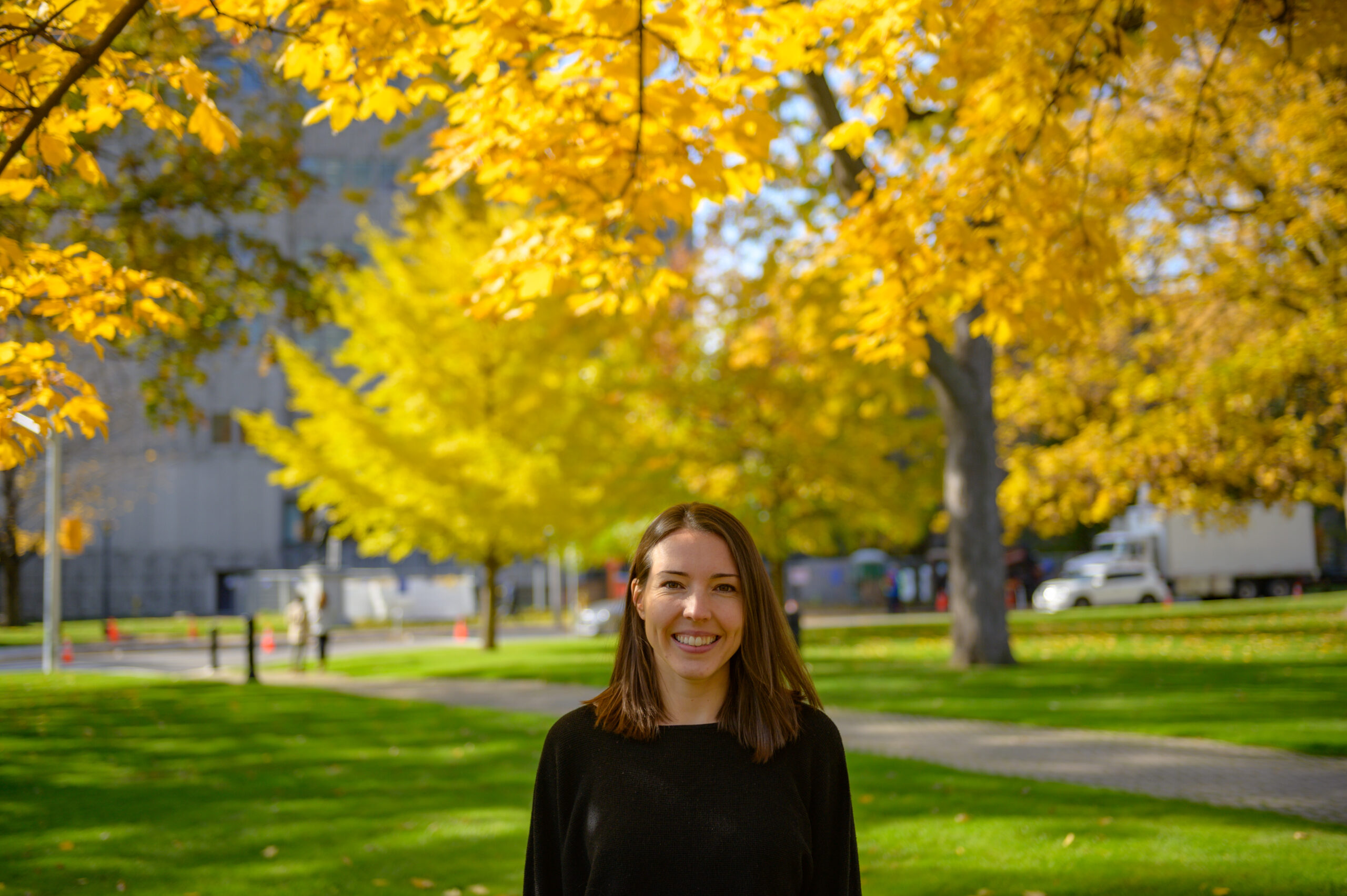
Dawn Bannerman |
Dawn received her MESc in Biomedical Engineering from the University of Western Ontario where she worked on developing a multifunctional microbead system for cancer treatment. She joined the Radisic lab in 2016 to start her PhD in the Chemical Engineering and Biomedical Engineering Collaborative Program. Her work will focus on biomaterial-based approaches to developing cardiac tissue patches for repair following myocardial infarction. |
|
Masters Candidates
. |
|
|
Yufeng received his B.Eng in Polymer Material and Engineering from Shanghai University in 2019, where he investigated functional hydrogels for tissue engineering under the supervision of Dr. Jingbo Yin. He joined the Radisic Lab on September 2019 to pursue his master’s degree in chemical engineering and Applied Chemistry. His research mainly focuses on the biomaterial science and engineering. He is currently researching the itaconate-polyester for anti-bacterial and anti-inflammatory functions.
|
|
|
Visiting Student |
|
|
—- |
|
| S |
– |
|
Student Volunteer |
|
|
Work-Study Students |
|
| Nanami Sumimoto | |
